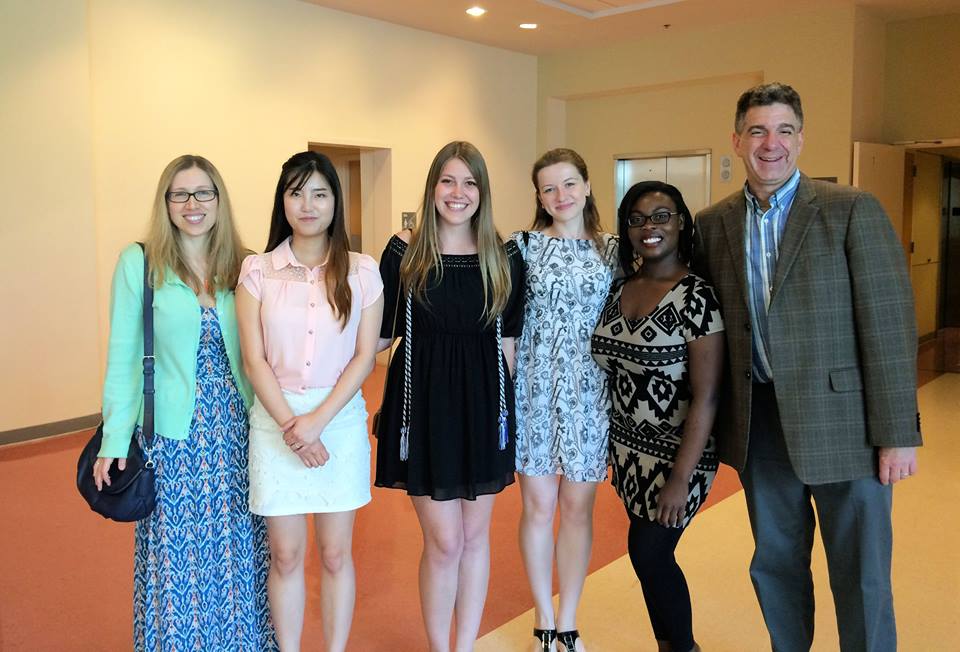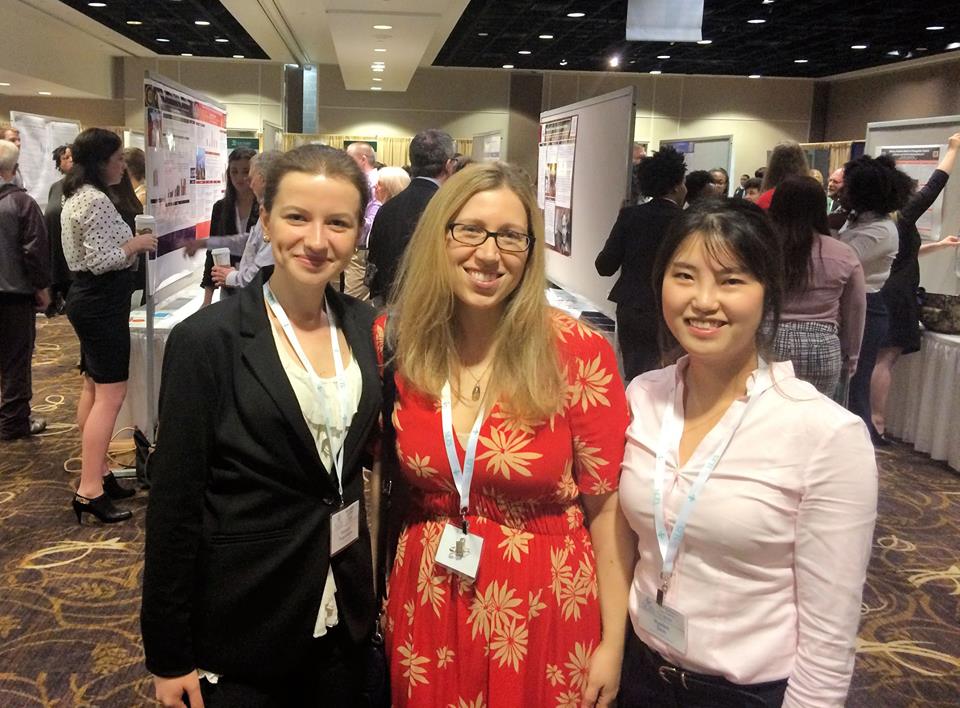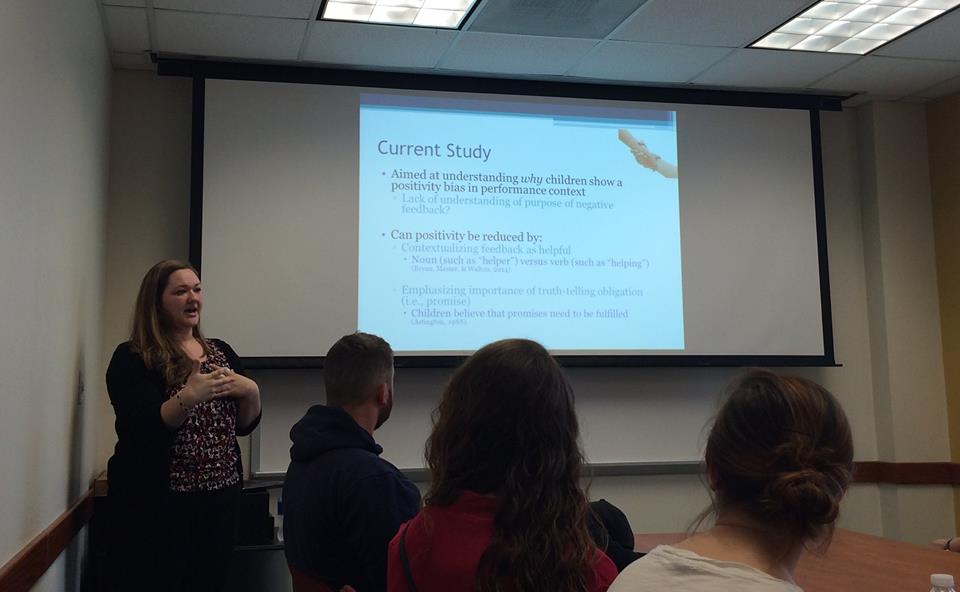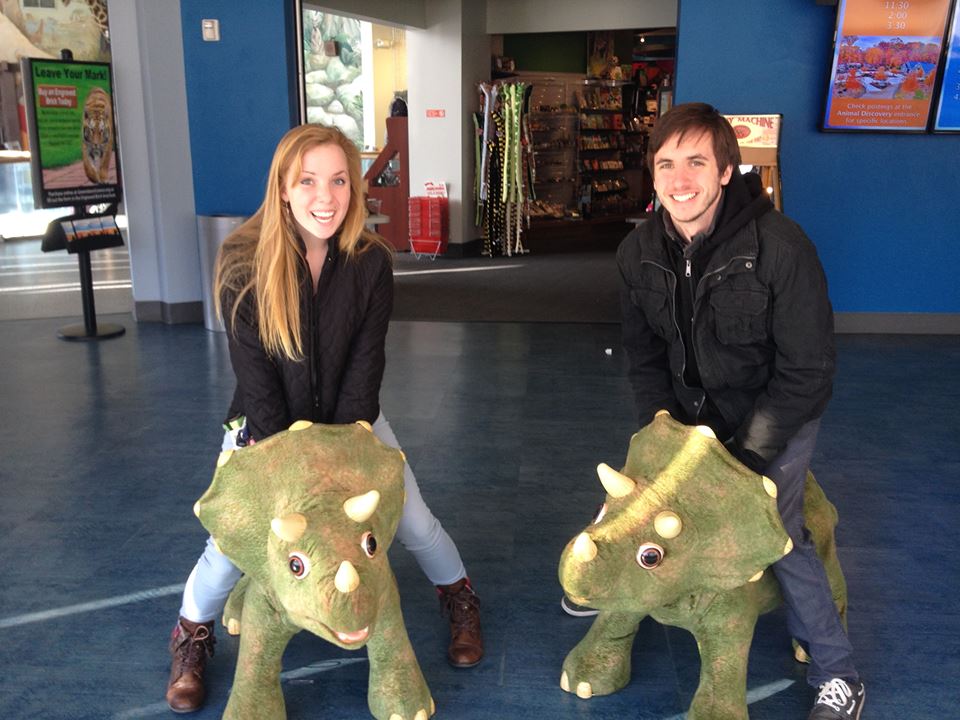For Students: Undergraduates
The DUCK Lab welcomes undergraduates to work with us! There are several avenues for getting involved in our research. You can earn course credit via PSY 433 (Research Experience in Psychology), PSY 490 (Directed Readings in Psychology), or PSY 493 (Honors Thesis). Alternatively, you may wish to work on a volunteer basis. See below for details about the value of this experience, eligibility criteria, and how to apply.
FAQ
Why get involved in research?
To support your career goals
No matter what career path you plan to pursue, research training is incredibly valuable and will also enable you to get to know your professors personally so that you can acquire meaningful reference letters to support your goals. Research experience is essential for students who wish to pursue graduate studies in clinical or experimental psychology. For those who intend to pursue other professional paths, it is a major asset that will set you apart from others—our students have gone on to law school, medical school, social work, counseling, business, and teaching. Finally, students who plan to join the workforce immediately upon graduation are often surprised to learn how much prospective employers value research experience, as it demonstrates conscientiousness, critical thinking, and the ability to work with others.
For social support and interaction
In addition to gaining research experience, you will enjoy the friendship and camaraderie that comes with working in a lab. Many of our students have met their closest friends and supporters in the DUCK Lab. In addition to day-to-day interactions with others, we foster social connections by hosting informal gatherings (lab parties, lab hikes, and hanging out at our favorite local bakery, Maxie B’s.
How can I get involved?
There are several avenues for getting involved in our research. You can earn course credit via PSY 433 (Research Experience in Psychology), PSY 490 (Directed Readings in Psychology), or PSY 493 (Honors Thesis). Alternatively, you may wish to work on a volunteer basis.
Note that involvement in the DUCK Lab requires approval of at least one of the DUCK Lab Co-Directors, Dr. Janet Boseovski or Dr. Stuart Marcovitch (i.e., you cannot register for these opportunities on your own through Genie). Please contact either Co-Director directly to determine whether we are currently accepting new students into the lab.
What are the requirements?
Those who want course credit must register for 3 credit hours (i.e., 9 hours of availability per week).
Volunteers must also be available for 9 hours per week.
Attendance at weekly lab meetings (typically in the late afternoon or early evening on a weeknight)
Must be available during regular work hours (i.e., 8 a.m.–5 p.m.)
Minimum GPA of 3.0
Please also submit unofficial transcript (Genie file is fine). Files can be emailed to jjboseov@uncg.edu or s_marcov@uncg.edu
Undergraduate Involvement in Research




What Undergraduate Students Are Saying
The value of the lab experience is unique to each student. Here are what a couple of our undergraduates have to say about working in the DUCK Lab:
“The Undergraduate Research Assistantship has given me the opportunity to immerse myself in the research experience, beginning with the formulation of a specific research question relevant to my personal interests in psychology. From this, Dr. Boseovski and I worked to formulate a way to assess the question and subsequently collected and analyzed data, the results of which I used to submit my research to a conference. Working in the DUCK Lab as a URA has allowed me to more closely identify my interests in psychology and has equipped me with skills I hope to use in graduate school and throughout my academic career.”
“Practicing scientific research skills in the DUCK Lab has been an educational and rewarding experience. Not only are student researchers encouraged to independently navigate the world of research, but they are also given constructive feedback from the close supervision of the lab directors and lab manager. As an Undergraduate Research Assistant (URA), I can now begin to understand now how much research and diligent work is involved in completing any project. Researching, developing and carrying out my own original research project in the DUCK Lab has helped me to grow intellectually not only as a student, but as a future scientist.”
